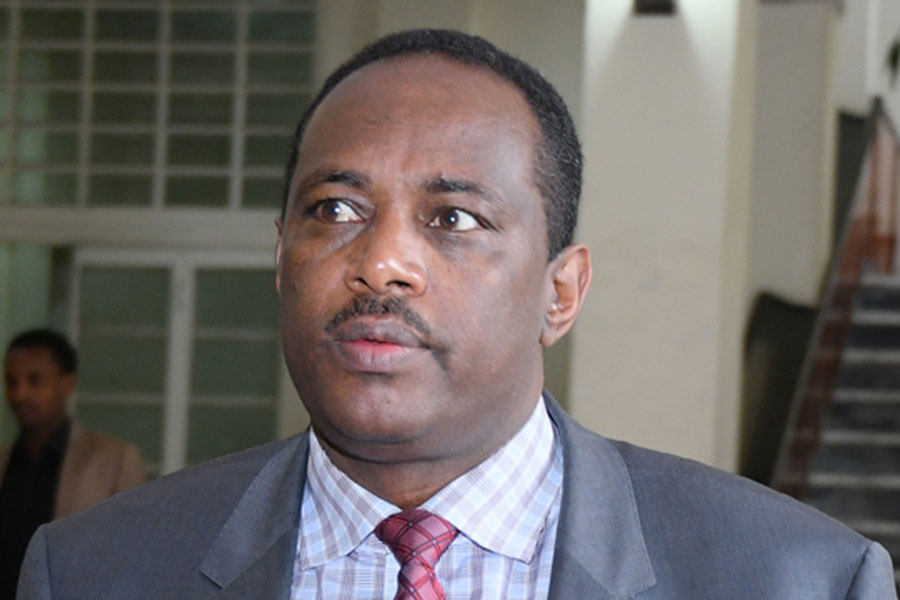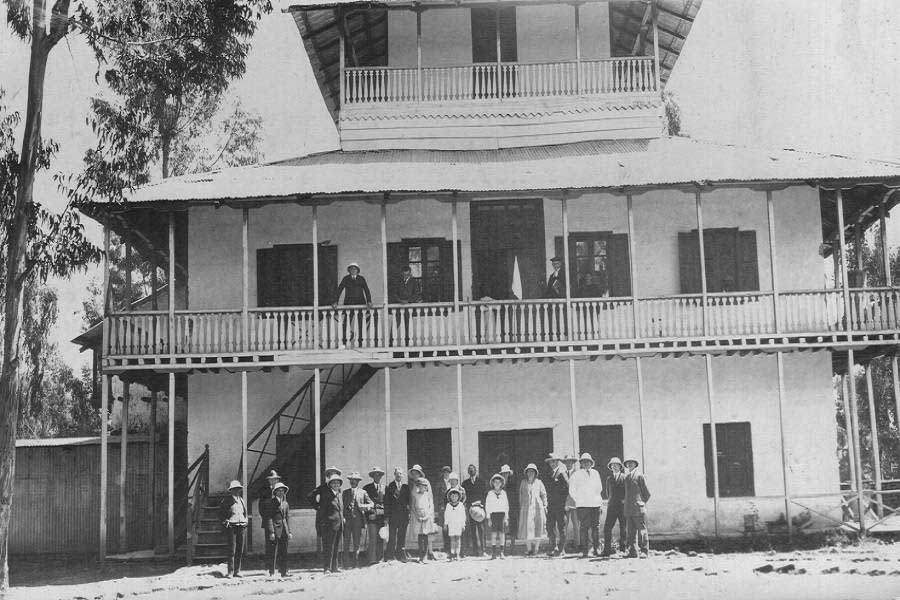
Commentaries | Aug 26,2023
Jul 31 , 2021
By Asegid Getachew
Management is a discipline that combines science and art. A certain mix of scientific principles and methods, and craft (art) emanating from experience create a full-fledged managerial practice.
However, the extent of their proportion has been a debatable issue for researchers and thinkers in the area. Some claim that graduate students, regardless of their previous managerial experience, can make it into managerial ranks if they are exposed to training regarding management science. Some, however, argue that previous managerial experience is a mandatory prerequisite to learn management. Their view is that one cannot simply read about a craft on paper and hope to be good at it in real life. Practice, as they say, makes perfect.
Bringing this view to the forefront was a publication titled, “Managers Not MBAs: A Hard Look at the Soft Practice of Managing and Management Development.” Written by Henry Mintzberg, a management expert, author, and academic, it strongly criticises conventional MBA programmes.
“The MBA trains the wrong people in the wrong ways with the wrong consequences,” Mintzberg argues. “Using the classroom to help develop people already practicing management is a fine idea, but pretending to create managers out of people who have never managed is a sham.”
In conventional MBA classes, lectures, projects, case studies and even business simulation games train future business administrators and investment managers. But these classes can only go far enough to train technical analysts that can apply one-size-fits-all solutions to real-world problems. It does not create managers that can solve problems in a specific context.
Mintzberg and his supporters were dismayed by the methods used by MBA schools to the point they launched programmes that offer graduate-level education for managers. Called International Masters Programme for Practicing Managers, admission requires requisite experience in managing.
“The Programme focuses on the practice of managing in context. It strives to make better managers, by making craftspeople instead of analysts,” as Mintzberg puts it.
Despite such stern criticism, MBA programmes are still coveted, and graduates with the degree are one of the most demanded and sought after by employers. It is offered in Ivy League universities as well as questionably accredited private schools across the globe.
Ethiopia is no different. Most of the business and economics colleges in the public universities offer MBA programmes at a post-graduate level in at least one specialisation. While this is commendable and should continue alongside the MBA programs, these universities should also develop a curriculum and launch programmes to teach management practice at a graduate level.
Chief executive officers (CEOs), middle level and lower-level managers could be the targets. This group are already practising management and can further benefit from the opportunity of higher-level training that can enhance their knowledge of managing in a specific context.
This is critical for one specific reason. Programmes in other countries may be offering one-size-fits-all training to graduates, but at least they are offering one designed with scenarios prevalent to their countries’ context. This is especially true for Western countries. Ethiopian Universities and colleges can follow suit by developing programmes that are relevant to the business context of the country. As the aim is to develop managers who can make decisions and solve problems in a specific context, their programmes should be specific to real-world business challenges and should properly consider the theoretical policy frameworks applicable to the economy.
“Management is not marketing plus finance plus accounting and so forth. It is about these things, but it is not these things,” Mintzberg wrote in his seminal book. “Pour each of these functions, of a different colour, into the empty vessel called an MBA student, stir lightly, and you end up with a set of specialised stripes, not a blended manager.”
PUBLISHED ON
Jul 31,2021 [ VOL
22 , NO
1109]


Commentaries | Aug 26,2023

View From Arada | Feb 26,2022

Fortune News | Jun 15,2024

View From Arada | Apr 16,2022

Commentaries | Apr 26,2025

Viewpoints | Nov 21,2018

Radar |

Advertorials | Jul 11,2019

Radar | Dec 05,2020

Commentaries | Jun 04,2022

Photo Gallery | 180133 Views | May 06,2019

Photo Gallery | 170330 Views | Apr 26,2019

Photo Gallery | 161345 Views | Oct 06,2021

My Opinion | 137245 Views | Aug 14,2021

Dec 22 , 2024 . By TIZITA SHEWAFERAW
Charged with transforming colossal state-owned enterprises into modern and competitiv...

Aug 18 , 2024 . By AKSAH ITALO
Although predictable Yonas Zerihun's job in the ride-hailing service is not immune to...

Jul 28 , 2024 . By TIZITA SHEWAFERAW
Unhabitual, perhaps too many, Samuel Gebreyohannes, 38, used to occasionally enjoy a couple of beers at breakfast. However, he recently swit...

Jul 13 , 2024 . By AKSAH ITALO
Investors who rely on tractors, trucks, and field vehicles for commuting, transporting commodities, and f...

Nov 1 , 2025
The National Bank of Ethiopia (NBE) issued a statement two weeks ago that appeared to...

Oct 25 , 2025
The regulatory machinery is on overdrive. In only two years, no fewer than 35 new pro...

Oct 18 , 2025
The political establishment, notably the ruling party and its top brass, has become p...

Oct 11 , 2025
Ladislas Farago, a roving Associated Press (AP) correspondent, arrived in Ethiopia in...

Nov 2 , 2025
The National Bank of Ethiopia (NBE) has scrapped the credit-growth ceiling that had s...

Nov 2 , 2025 . By SURAFEL MULUGETA
The burgeoning data mining industry is struggling with mounting concerns following th...

Nov 2 , 2025 . By YITBAREK GETACHEW
Berhan Bank has chosen a different route in its pursuit of a new headquarters, opting for a transitional building instea...

Nov 2 , 2025 . By BEZAWIT HULUAGER
Nib International Bank S.C. has found itself at the epicentre of a severe governance...